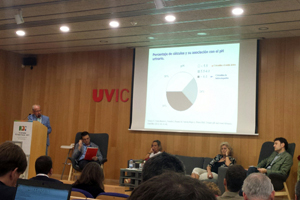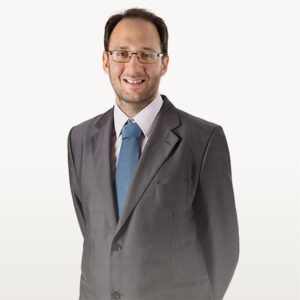

Sensors are changing our lives, also in healthcare (for the better). During the opening ceremony of the Healthcare and Social ICT R+D+I Conference held in the University of Vic on 28 September, Marina Geli, coordinator of the Healthcare and Social Studies Centre (CESS), highlighted that sensor technology is essential to advance patient empowerment in the home.
Following this line, the debate of the meeting was centred on sensors in the home, real facts and challenges. One of the experts invited was Dr Fèlix Grases, the director of the Renal Lithiasis Laboratory of the University of the Balearic Islands and co-inventor of the Lit-Control® method, the first in the world which allows patients to monitor their own urinary pH with a device to prevent various urinary diseases. “The problem with diseases such as renal lithiasis is not the high prevalence, but rather the recurrence” Grases commented during the presentation. Lit-Control® offers a good solution.
Devicare has developed Lit-Control® under the innovative Remote Patient Monitoring concept and has equipped it with a patented technology that uses sensors to measure clinical biometric data in breath and body fluids such as blood, sweat, saliva and urine.
Ramon Maspons, coordinator of Innovation in the Agency for Health Quality and Assessment of Catalonia (AQuAS) highlighted that sensors and ICTs “are an opportunity to provide improvements to the current healthcare and social models”, but “the challenge is not technological, but rather how to incorporate and finance them“.
“We have to ensure that these technologies reach as much of the population as possible” said Mònica Ribas, general assistant director of Personal Autonomy Attention and Promotion of the Catalan Institute for Social Assistance and Services (ICASS).
Núria Terribas, director of the Grifols Foundation, also gave an interesting presentation, speaking about the ethics of managing the data generated through ICTs: “In general citizens do not have experience with managing and monitoring their own information and the healthcare community also lacks specific training”.
More than 200 people attended the conference, which relied on the help of pharmaceutical companies such as Ferrer, Esteve Teijing Healthcare and Novartis.
